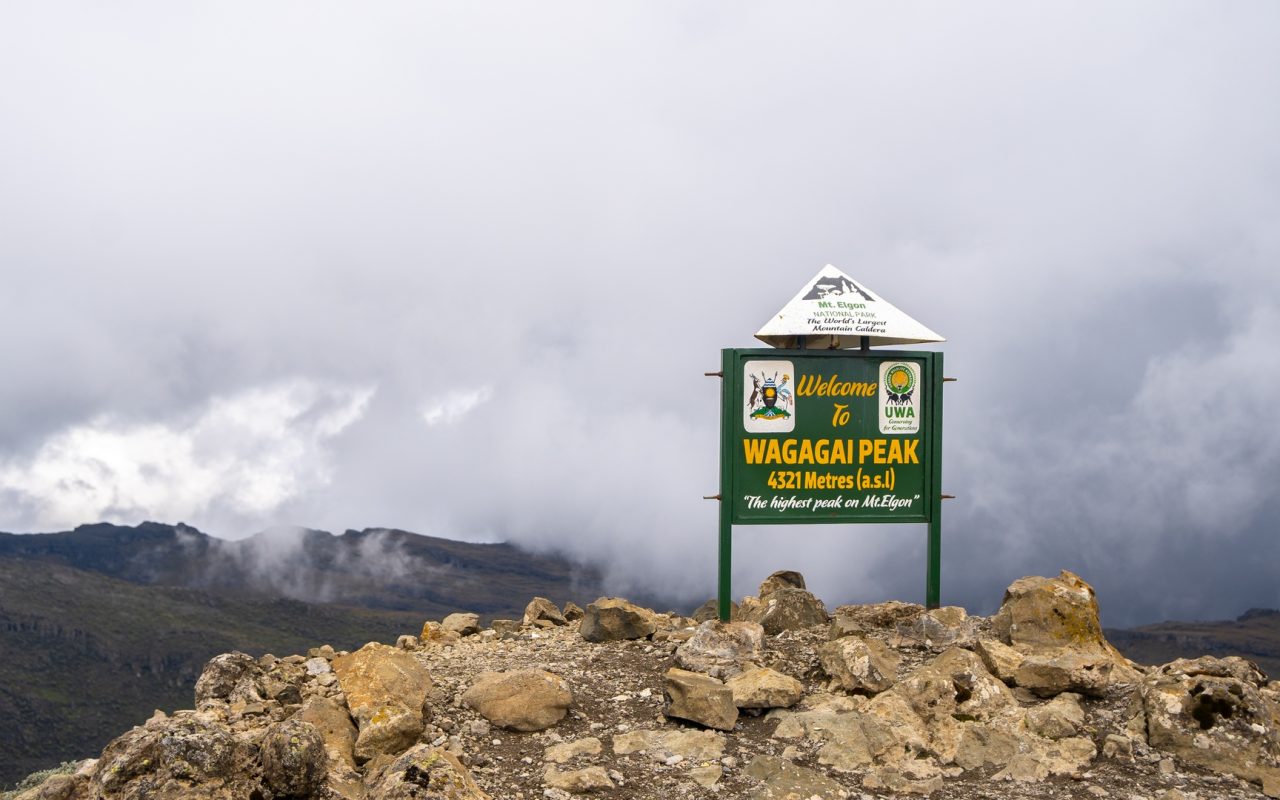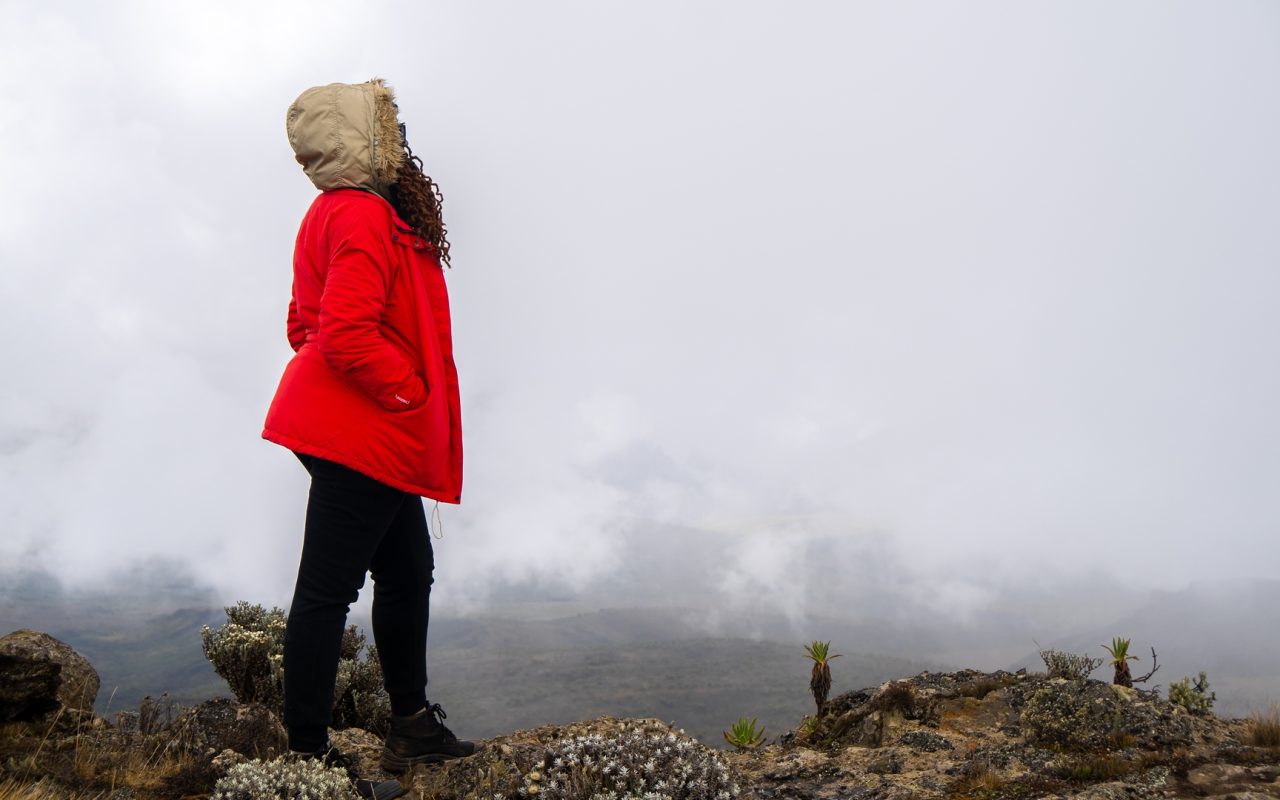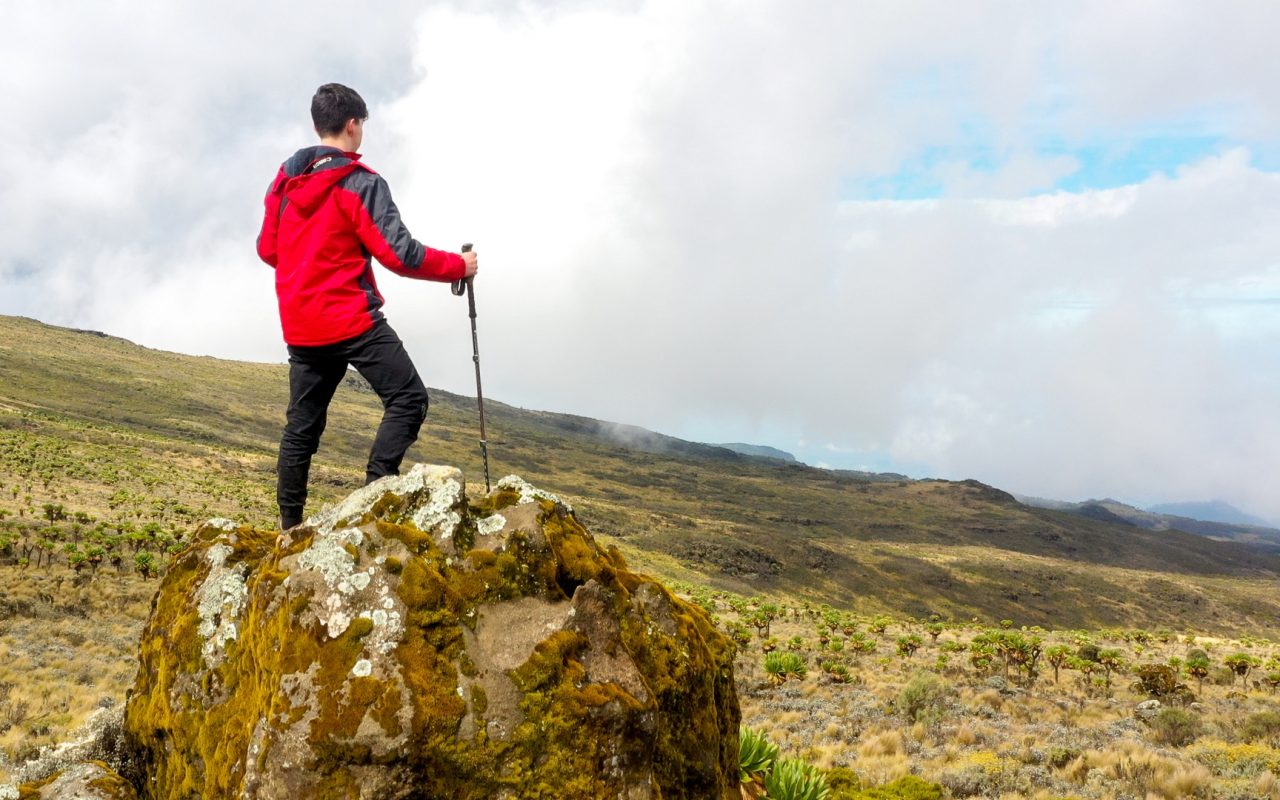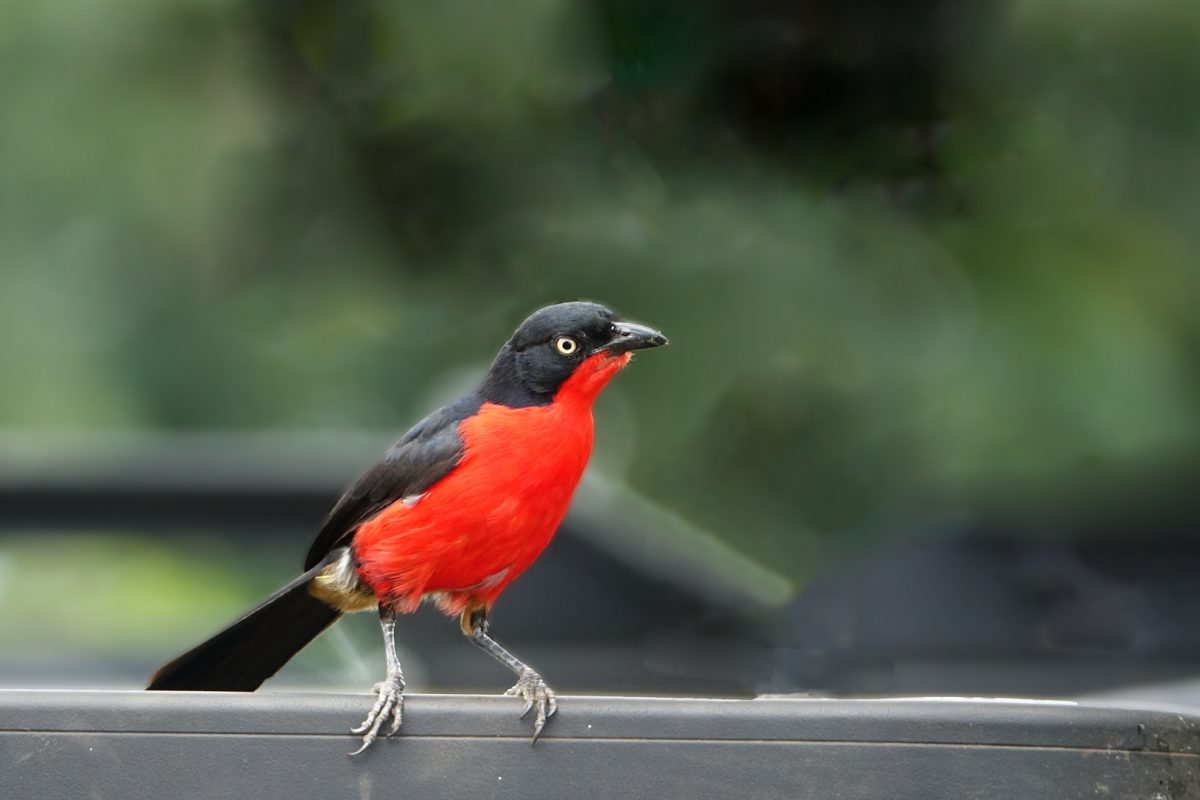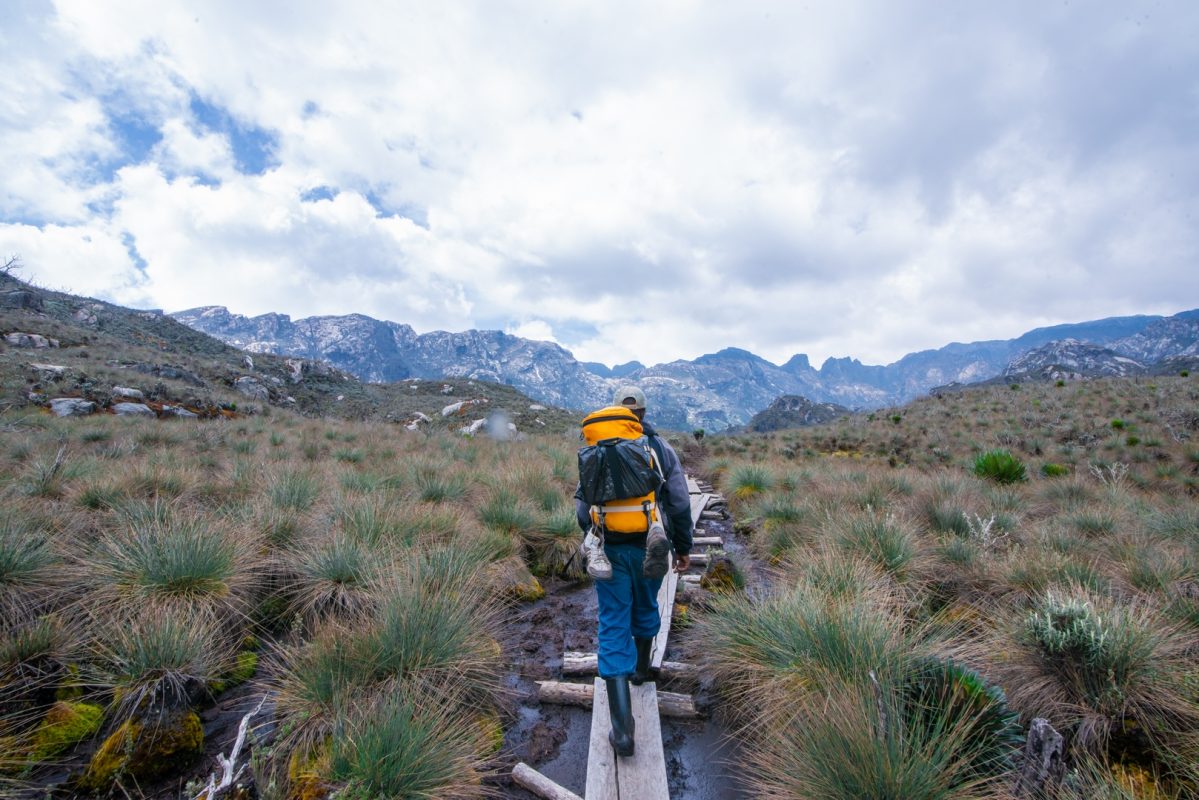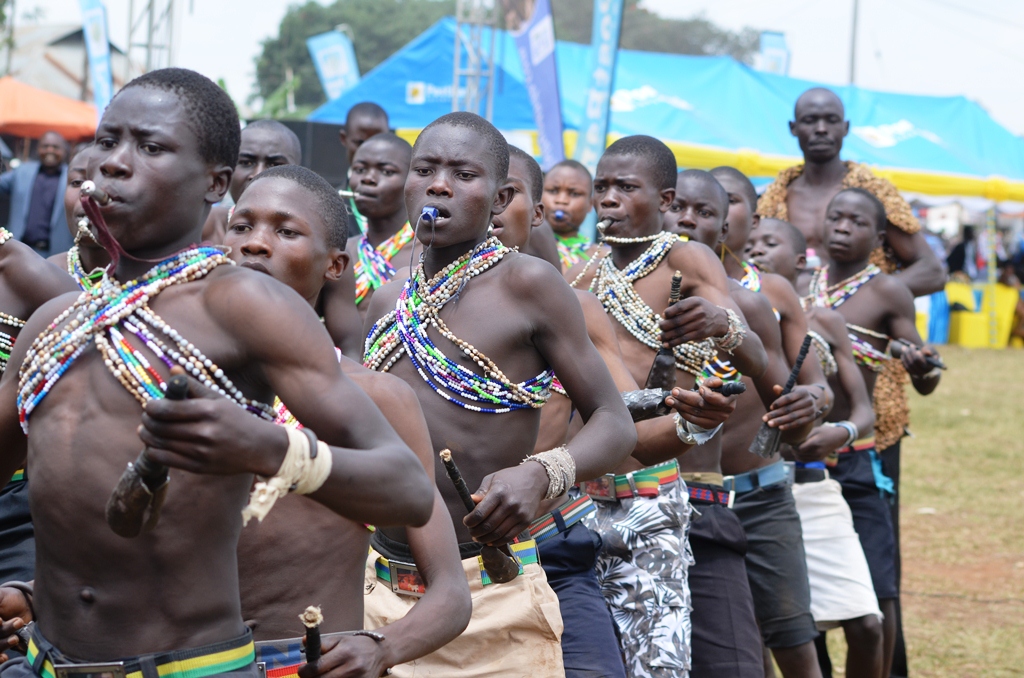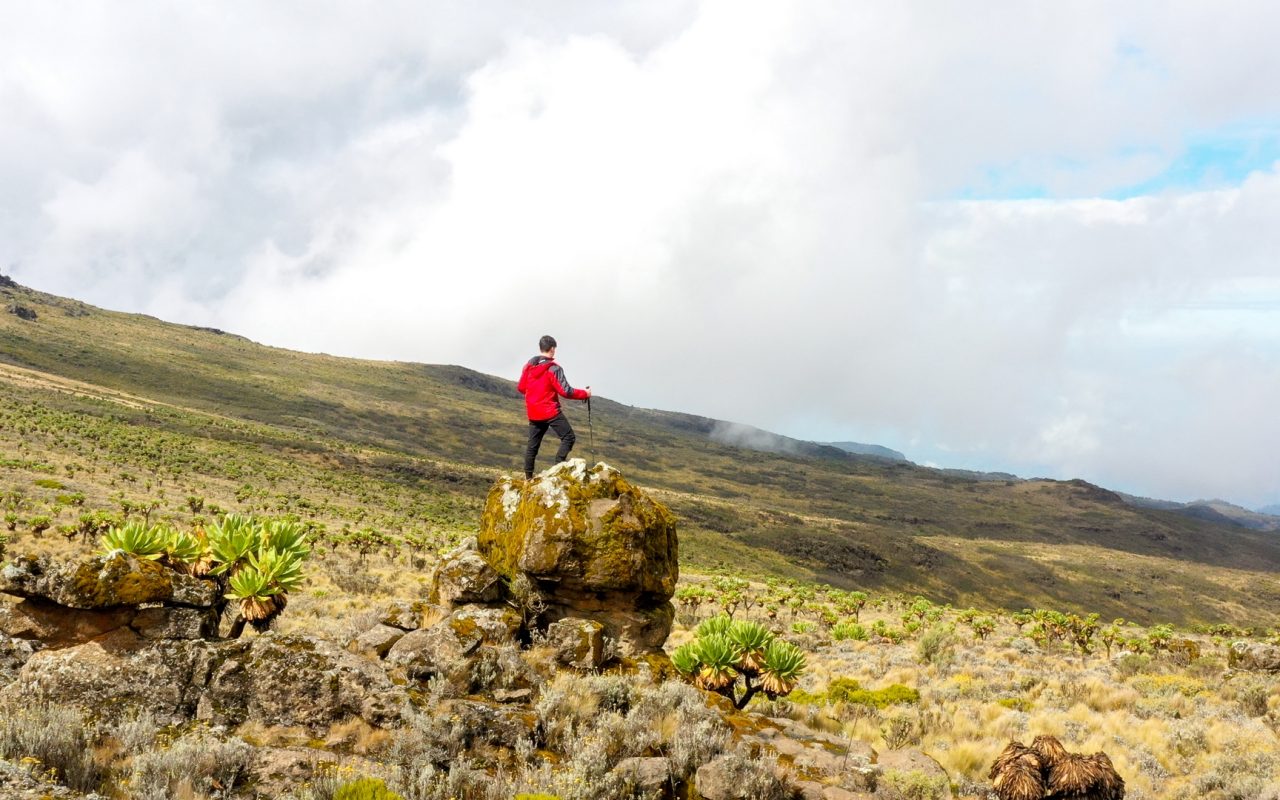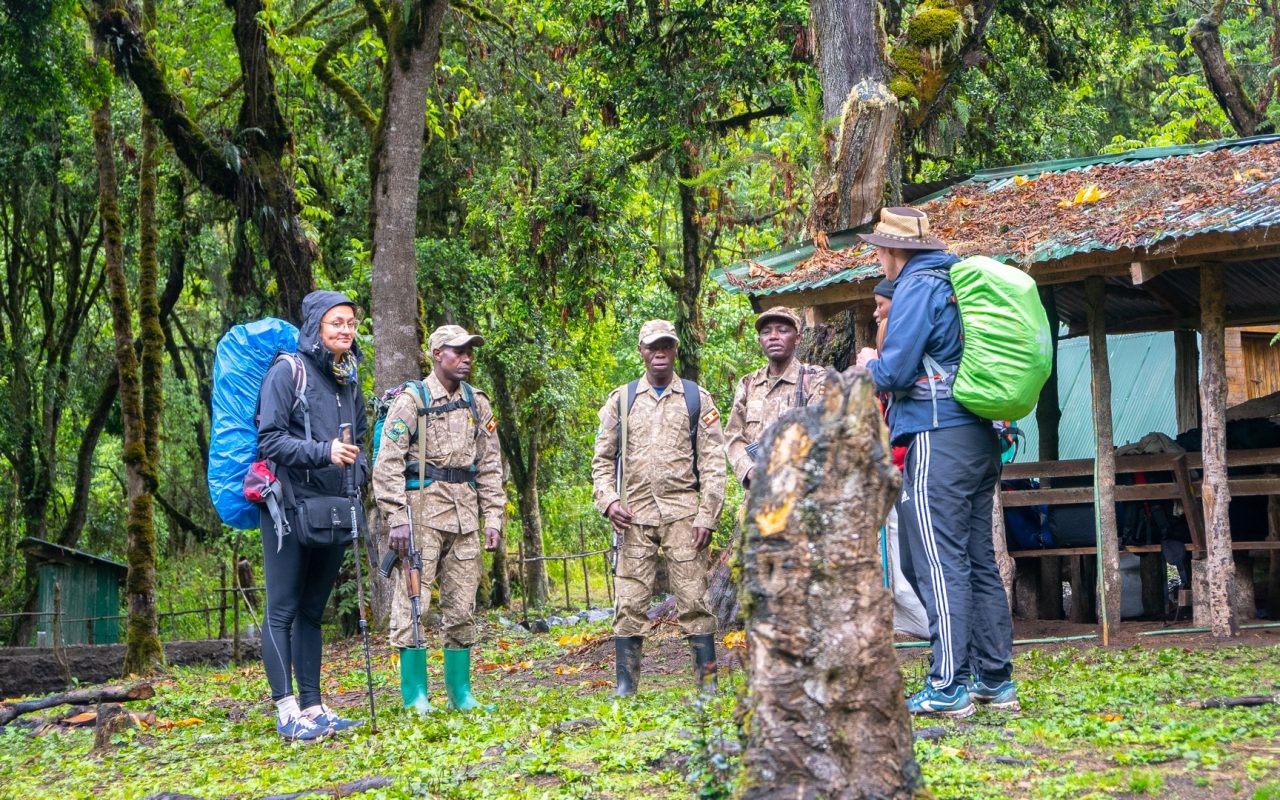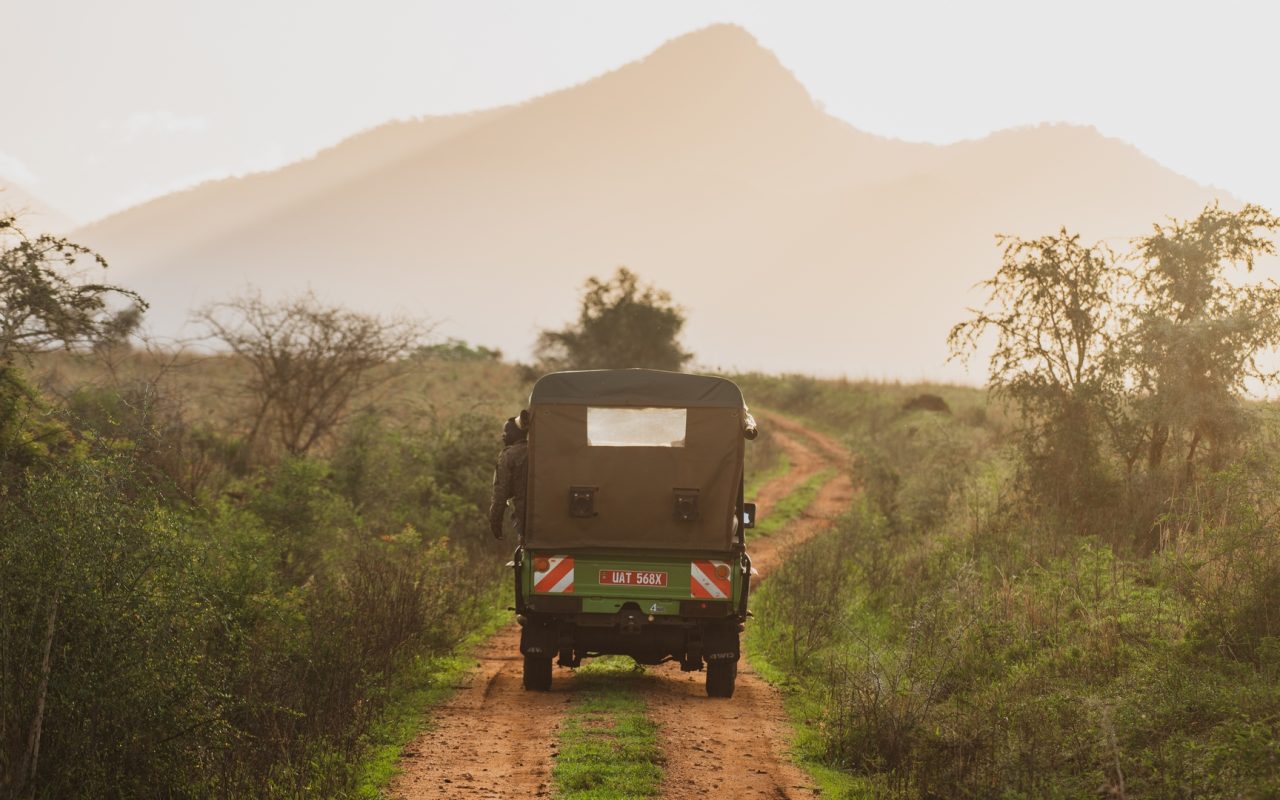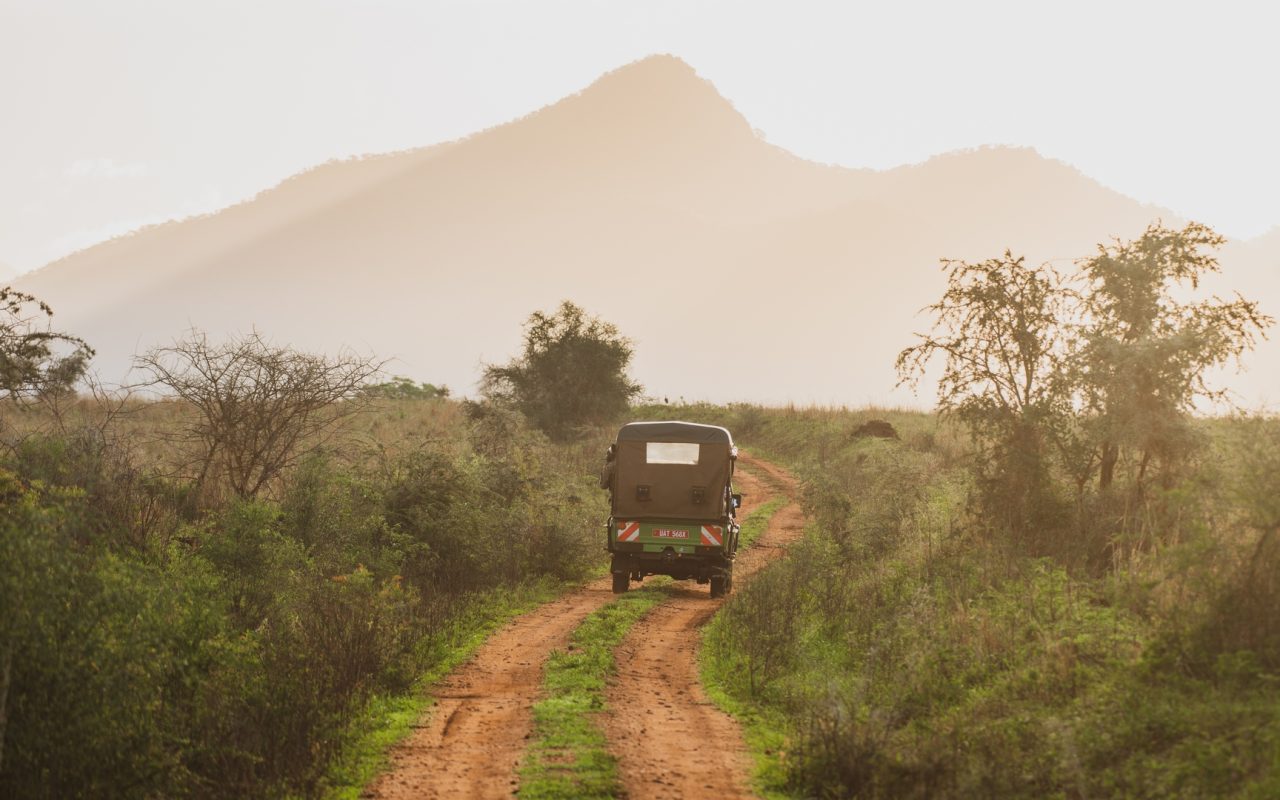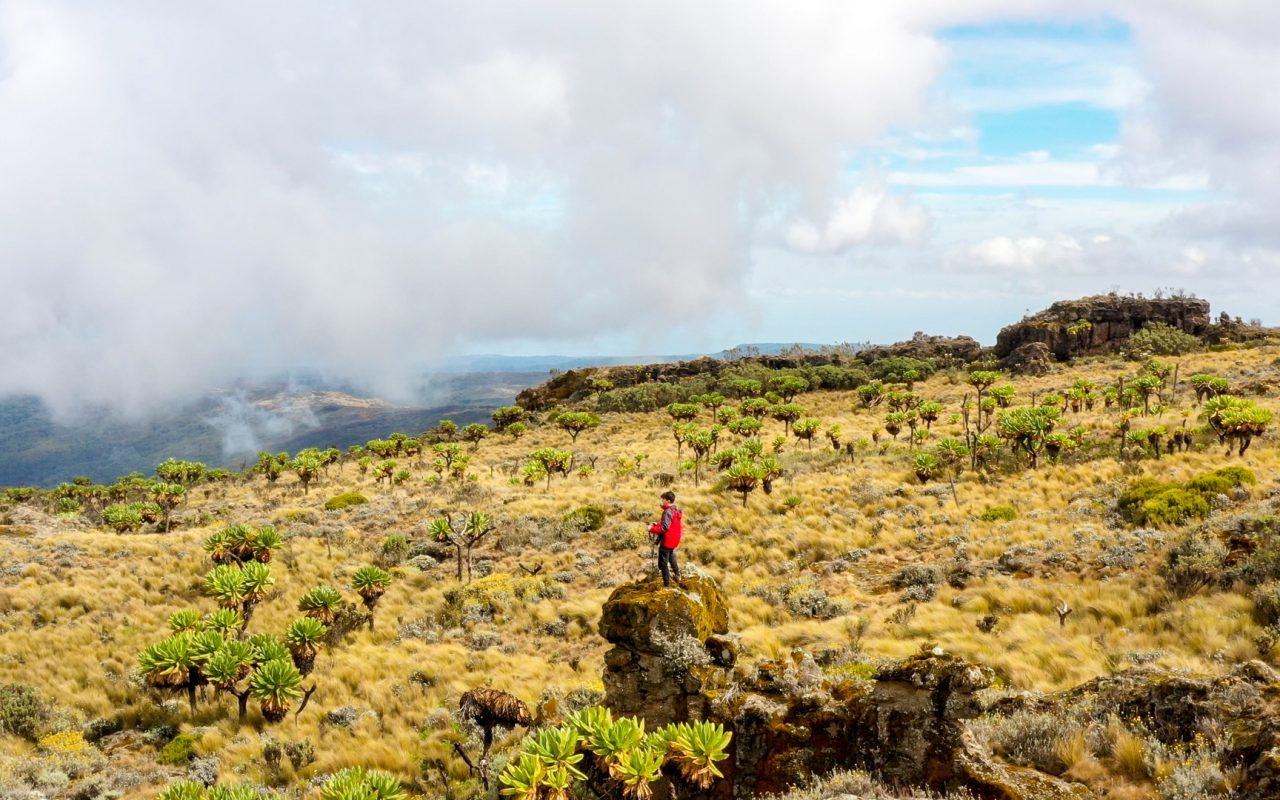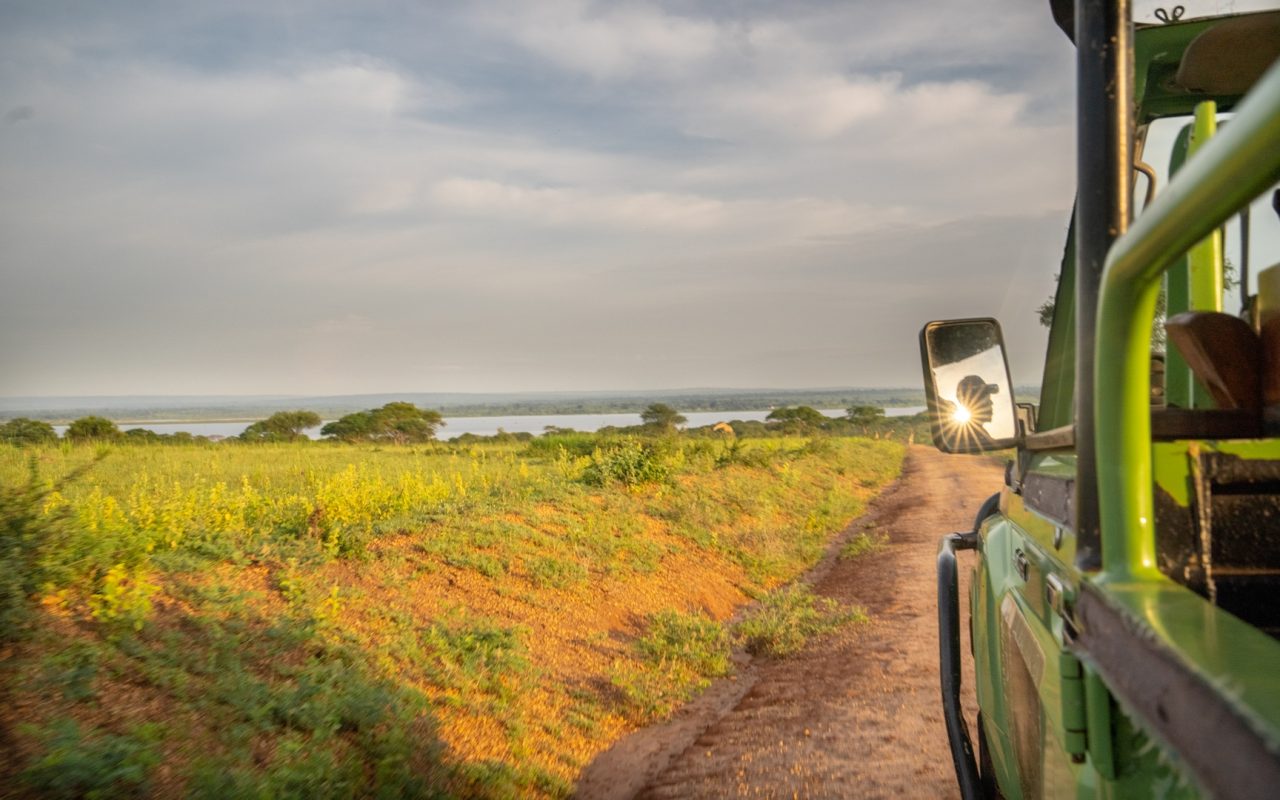Mount Elgon National Park Uganda Kenya Hiking Tours
Mount Elgon National Park Uganda Kenya Hiking Tours. All You Need to Know BEFORE You Go Facts, Map, Height, & Reviews with Photos and Videos. It is located on the eastern border of Uganda, near the town of Mbale. The park is named after Mount Elgon, an extinct volcano and the fourth-highest mountain in East Africa. The mountain is situated on the border between Uganda and Kenya, and the national park covers both sides of the border.
In Uganda, Mount Elgon National Park is easily accessible from the town of Mbale, which is approximately 235 kilometers northeast of the capital city, Kampala. The park is known for its diverse flora and fauna, including various species of birds, primates, and large mammals. The Sipi Falls, a series of three waterfalls on the slopes of Mount Elgon, is also a popular attraction within the park.
If you plan to visit Mt Elgon National Park, it’s advisable to check for the latest travel information and any park regulations or entry requirements, as these may change over time.
What to Adventure in Mount Elgon National Park?
Mount Elgon National Park offers a variety of adventures and activities for nature enthusiasts. Before embarking on any adventure in Mt Elgon National Park, it’s advisable to check with local authorities, hire experienced guides, and ensure that you are well-prepared for the specific activities you plan to undertake. Always follow safety guidelines and respect the natural environment and local communities.
- Hiking and Trekking
- Summiting Wagagai Peak
- Sipi Falls
- Bird Watching
- Primate Watching
- Cave Exploration
- Cultural Encounters
- Rock Climbing
- Nature Photography
Hiking and Trekking in Mount Elgon National Park
Hiking and trekking in Mount Elgon National Park offer a fantastic opportunity to explore the diverse landscapes, unique flora, and wildlife of the region. Always prioritize safety, adhere to park regulations, and respect the natural environment during your hiking and trekking adventures in Mount Elgon National Park.
Trails: Mount Elgon National Park has several trails of varying lengths and difficulty levels. The two main trailheads are Budadiri (Sasa Trail) and Kapkwai (Sipi Trail). The Sasa Trail is more challenging and direct, while the Sipi Trail is known for its scenic beauty and waterfalls.
Permits and Regulations: Before embarking on a trek, you may need to obtain a trekking permit. Check with Deks Tours Ltd for current permit requirements and regulations. It’s essential to follow the designated trails and guidelines to minimize environmental impact.
Guides and Porters: Hiring an experienced guide is highly recommended for your safety and to enhance your trekking experience. Guides are knowledgeable about the terrain, flora, and fauna. Porters can assist with carrying heavy backpacks, allowing you to focus on the trek.
Summiting Wagagai Peak of Mount Elgon National Park
Summiting Wagagai Peak on Mount Elgon is a challenging and rewarding trek that typically requires several days. Remember that summiting Wagagai Peak requires good physical fitness, proper preparation, and a respect for the natural environment. Always prioritize safety and follow the guidance of your guide and park authorities.
Permits and Planning: Obtain the necessary trekking permits from Deks Tours Ltd. Check the current regulations and make sure you are aware of any entry requirements or restrictions.
Choose Your Route: There are different routes to reach Wagagai Peak, with Sasa Trail and Sipi Trail being the main trailheads. The Sasa Trail is steeper and more direct, while the Sipi Trail offers a more scenic and gradual ascent. Choose the route that suits your fitness level and preferences.
Guides and Porters: Hire an experienced guide who is familiar with the terrain and can ensure your safety during the trek. Porters can assist with carrying heavy backpacks, allowing you to focus on the trek.
Sipi Falls in Mount Elgon National Park
Sipi Falls is a stunning series of three waterfalls on the slopes of Mount Elgon, located in the eastern part of Uganda near the town of Mbale. These falls are one of the main attractions in Mount Elgon National Park, offering visitors a picturesque and serene environment.
When planning a visit to Sipi Falls, it’s advisable to check the current conditions, trail accessibility, and any entry requirements. Guided tours are often available and can enhance your experience by providing insights into the local culture and natural history of the area.
It is situated in the foothills of Mount Elgon, and the falls are spread over a few kilometers. The falls are accessible from the town of Mbale, which is the gateway to Mount Elgon National Park.
It consists of three main waterfalls, each with its own unique charm. The first waterfall is the uppermost and is known as Simba Falls, the second is Ngasire Falls, and the third and most spectacular is the main Sipi Falls.
The falls offer breathtaking views of the surrounding landscapes, including lush greenery, plantations, and the Karamoja plains in the distance. The combination of the waterfalls and the scenic backdrop makes Sipi Falls a popular destination for nature lovers and photographers.
Bird Watching in Mount Elgon National Park
Mount Elgon National Park in Uganda is a fantastic destination for birdwatching enthusiasts. The park is home to a diverse range of bird species, including both resident and migratory birds.
Whether you’re an avid birdwatcher or a casual observer, Mount Elgon National Park offers a rich and diverse birding experience. The combination of unique habitats, varied elevations, and a range of bird species makes it a captivating destination for birdwatching in Uganda.
Mount Elgon and its surrounding areas boast over 300 bird species. Commonly spotted birds include the Jackson’s Francolin, Moorland Francolin, African Goshawk, African Blue Flycatcher, Baglafecht Weaver, and the endangered Lammergeier (Bearded Vulture).
Different habitats within the park, such as montane forest, moorland, and cliffs, provide varied birdwatching opportunities. Some specific birding hotspots include the forested areas along the Sasa and Sipi Trails, the Piswa Trail, and the higher elevations of the mountain.
To maximize your birdwatching experience, consider hiring a knowledgeable birding guide. Local guides are familiar with the bird species in the area and can help you spot and identify birds more easily. They can also provide valuable information about the birds’ behavior and habitats.
Cave Exploration in Mount Elgon National Park
Cave exploration in Mount Elgon National Park is an intriguing activity that allows visitors to discover the unique geological features and cultural significance of the caves in the area. Cave exploration in Mount Elgon National Park offers a unique blend of natural beauty, geological interest, and cultural history. It’s a fascinating way to delve into the rich diversity of this region and connect with both the natural and cultural elements of Mount Elgon.
Kapkwai Cave
Kapkwai Cave is one of the caves in Mount Elgon National Park, and it is easily accessible from the Kapkwai Forest Exploration Centre. This cave has cultural significance, as it was once used by the local people as a meeting point and for shelter during times of conflict. Guided tours to Kapkwai Cave often include insights into the cave’s history and cultural importance.
Kitum Cave
Kitum Cave is one of the most famous caves on Mount Elgon. It gained international attention when renowned primatologist Dian Fossey suggested that elephants visited the cave to obtain essential minerals. The cave has salt deposits on its walls, attracting not only elephants but also buffaloes and other wildlife. Visitors can explore Kitum Cave, but it’s advisable to do so with a guide for safety and interpretation.
Makingeny Cave
Makingeny Cave is another cave that visitors may encounter during their exploration of Mount Elgon. Like other caves in the area, Makingeny Cave has geological features and a unique atmosphere that adds to the overall adventure of cave exploration.
Cultural Encounters in Mount Elgon National Park
Cultural encounters in Mount Elgon National Park provide visitors with the opportunity to engage with local communities, learn about traditional customs, and gain insights into the rich cultural heritage of the region.
Engaging in cultural encounters in Mount Elgon National Park not only enriches your travel experience but also contributes to the preservation of local traditions and supports the livelihoods of the communities in the region. When planning cultural activities, it’s recommended to coordinate with local guides or community leaders to ensure a respectful and mutually beneficial experience.
- Village Visits
- Homestead Tours
- Cultural Performances
- Craft Demonstrations
- Food Experiences
- Cultural Guides
- Participate in Festivals or Events
- Traditional Healing Practices
- Responsible Tourism
- Community-Based Tourism Initiatives
Rock Climbing in Mount Elgon National Park
While Mount Elgon National Park is not typically known as a rock climbing destination, the region does offer some opportunities for rock climbing enthusiasts. The park’s diverse landscapes, including cliffs and rock formations, provide potential areas for rock climbing activities.
While Mount Elgon may not be as well-known for rock climbing as some other destinations, the potential for exploration and adventure exists. As the popularity of rock climbing in the area may vary, it’s essential to coordinate with local guides and authorities for the most up-to-date information and guidance on rock climbing opportunities in Mount Elgon National Park.
If you’re interested in rock climbing in Mount Elgon, it’s advisable to arrange guided expeditions with experienced climbing guides who are familiar with the terrain. Local guides can provide valuable insights into the best climbing spots and ensure safety during your adventure.
Rock climbing in any environment comes with inherent risks, so it’s crucial to prioritize safety. Ensure that you have the appropriate climbing gear, including helmets, harnesses, and ropes. Always climb with a partner, and follow safety guidelines provided by your guides.
Nature Photography in Mount Elgon National Park
Mount Elgon National Park offers a wealth of natural beauty, diverse landscapes, and unique wildlife, making it an excellent destination for nature photography. Whether you’re an amateur or professional photographer, Mount Elgon National Park provides a wealth of opportunities for capturing the beauty of nature. Always be mindful of the park’s regulations and guidelines to ensure a respectful and sustainable photography experience.
Capture the diverse landscapes of Mount Elgon, including lush forests, open plains, waterfalls, and rocky terrain. The changing elevations offer a range of scenic views that make for compelling photographs.
Mount Elgon is home to various wildlife species, including primates, birds, and larger mammals. Bring a telephoto lens to capture wildlife from a distance without disturbing their natural behavior. Patience is key for wildlife photography.
Explore and photograph the picturesque Sipi Falls, which consists of three waterfalls. Experiment with different shutter speeds to capture the motion of the water. Additionally, photograph rivers and streams that flow through the park.
Mount Elgon National Park Entrance Fee
The entrance fees to Mount Elgon National Park in Uganda were subject to change. The fees can vary for different categories of visitors, including foreign tourists, East African residents, and Ugandan citizens. Additionally, there might be different rates for adults and children.
For the most accurate and up-to-date information on Mount Elgon National Park entrance fees, including any changes in rates or policies, I recommend checking with the Uganda Wildlife Authority (UWA) or the official website of UWA. They will provide the latest details on entrance fees, park regulations, and any other relevant information for planning your visit.
You can contact the Uganda Wildlife Authority through their official website or visit their offices for the most current and accurate information regarding fees, permits, and other details related to your visit to Mount Elgon National Park.
How to Get to Mount Elgon National Park
Mount Elgon National Park is located in the eastern part of Uganda, near the town of Mbale. Getting to Mount Elgon National Park usually involves traveling to Mbale first, and from there, you can arrange transportation to the park.
Always check for the latest information and consider consulting with Deks Tours Ltd for the most accurate and up-to-date details regarding transportation, permits, and other logistics for your visit to Mount Elgon National Park.
International Travel
If you are traveling from abroad, the nearest international airport is Entebbe International Airport near Kampala, the capital city of Uganda. From Entebbe, you can take a domestic flight to the nearby Soroti Airport or drive to Mbale.
Domestic Flights
If you prefer to fly domestically, you can take a domestic flight from Entebbe International Airport to Soroti Airport. From Soroti, you’ll need to arrange ground transportation to Mbale.
Ground Transportation from Kampala to Mbale
If you choose to travel by road, you can take a bus or hire a private vehicle from Kampala to Mbale. The journey by road takes approximately 4 to 5 hours, depending on traffic and road conditions.
Mount Elgon National Park Kitale
Mount Elgon is a volcanic mountain on the border between Uganda and Kenya, and it doesn’t extend into Kitale. Kitale is a town in Kenya, and it serves as a gateway to Mount Elgon National Park from the Kenyan side. If you’re interested in exploring Mount Elgon from the Kitale side.
Please note that travel conditions and regulations can change, so it’s recommended to check for the latest information before planning your visit. Whether you’re exploring Mount Elgon from the Ugandan or Kenyan side, the experience is likely to be rewarding with diverse landscapes, waterfalls, and opportunities for cultural encounters with the local communities.
Access from Kitale: Kitale is one of the towns near the Kenyan side of Mount Elgon. From Kitale, you can arrange for transportation to the Chorlim Gate, which is one of the main entrance points to Mount Elgon National Park on the Kenyan side.
Accommodation in Kitale: Kitale provides various accommodation options, and you can choose to stay in Kitale and make day trips to Mount Elgon National Park, or you can stay closer to the park if accommodation options are available in that vicinity.
Mount Elgon National Park accommodation
Mt Elgon National Park offers various accommodation options to cater to the needs of visitors, ranging from budget to upscale lodges. The accommodations are usually situated in and around the town of Mbale, which serves as a gateway to the park.
When planning your stay, it’s essential to consider factors such as the location of the accommodation in relation to the activities you plan to undertake in Mount Elgon National Park, your budget, and your preferences for amenities and services.
Before making reservations, check for recent reviews, availability, and any updated information regarding facilities and services. It’s also advisable to inquire about guided tours, trekking packages, or any additional activities that the accommodation may offer.
Keep in mind that accommodation options and availability may change, so it’s a good idea to contact Deks Tours Ltd, or the specific accommodation facilities for the most up-to-date information when planning your visit to Mt Elgon National Park.
- Lodges and Guesthouses
- Luxury Lodges and Resorts
- Campsites
- Forest Exploration Centers
- Community-Run Accommodations
What is Mountain Elgon National Park known for?
Mt Elgon National Park is known for several distinctive features and attractions, making it a unique and diverse destination. Mount Elgon National Park’s combination of natural beauty, adventure opportunities, and cultural richness makes it a sought-after destination for those looking to explore the diverse landscapes and ecosystems of East Africa.
Mount Elgon: The Park is named after Mount Elgon, an extinct volcanic mountain and one of the oldest and largest solitary volcanoes in East Africa. Mount Elgon is known for its vast caldera, which is one of the largest in the world.
Trekking and Hiking: Mount Elgon National Park is a popular destination for trekking and hiking. The park offers a variety of trails, ranging from short day hikes to multi-day treks. The Sasa Trail and Sipi Trail are among the popular routes, leading to the summit of Wagagai Peak.
Wagagai Peak: Wagagai Peak, standing at an elevation of 4,321 meters (14,177 feet), is the highest point on Mount Elgon. Summiting Wagagai Peak is a challenging and rewarding experience for trekkers.
Sipi Falls: The Park is home to the stunning Sipi Falls, a series of three waterfalls on the slopes of Mount Elgon. Sipi Falls is known for its picturesque beauty, and visitors can take guided walks to each of the falls.
How long does it take to hike Mt Elgon?
The duration of a hike to the summit of Mount Elgon can vary based on the chosen trail, the trekking pace, and whether acclimatization days are included in the itinerary. On average, a trek to the summit of Mount Elgon can take anywhere from 3 to 7 days.
To get a more accurate estimate of the duration for a specific hike to the summit of Mount Elgon, it’s recommended to consult with Deks Tours Ltd. They can provide detailed itineraries, share insights into trail conditions, and offer advice based on current circumstances. Additionally, individual hikers may have different fitness levels and preferences, so the duration can vary based on personal factors.
Chosen Trail:
Mount Elgon has various trails leading to the summit, including the Sasa Trail, Sipi Trail, and Piswa Trail, among others. The choice of trail can affect the duration of the trek.
Trekking Pace:
The pace at which you trek plays a significant role in determining the duration of the hike. Some hikers prefer a more leisurely pace, while others may opt for a faster ascent.
Acclimatization Days:
To avoid altitude sickness, many itineraries include acclimatization days, especially at higher elevations. These additional days allow hikers to adjust to the reduced oxygen levels gradually.
In which district is Mt Elgon found?
Mount Elgon is situated on the border between Uganda and Kenya. In Uganda, Mount Elgon is primarily located in the districts of Kapchorwa, Kween, and Bukwo. The town of Mbale, which is the largest town in the region, serves as a major gateway to Mount Elgon National Park and is also in close proximity to the mountain.
The districts mentioned—Kapchorwa, Kween, Bukwo, and Mbale—are part of the Eastern Region of Uganda. This region is known for its scenic landscapes, including mountains, hills, and fertile highlands. Mount Elgon is a significant natural landmark in this region, attracting visitors for trekking, hiking, and exploration of its diverse ecosystems.
Which vegetation is found around Mt Elgon?
Mount Elgon, with its diverse elevations and ecological zones, exhibits various vegetation types, each characterized by unique plant species. The vegetation around Mount Elgon can be broadly classified into different zones, including montane forest, bamboo zone, and afro-alpine moorland.
The diverse vegetation of Mount Elgon supports a rich array of wildlife, including various bird species, primates, and small mammals. The different ecological zones contribute to the overall biodiversity and create a dynamic and visually appealing landscape for those exploring the mountain.
Here’s an overview of the main vegetation zones around Mount Elgon:
- Montane Forest
- Lower Montane Forest
- Mixed Bamboo Forest
- Upper Montane Forest
- Bamboo Zone
- Afro-Alpine Moorland
- Heath Zone
- Subalpine Zone
How big is Mount Elgon national park?
Mount Elgon National Park in Uganda covers an area of approximately 1,145 square kilometers (about 443 square miles). This protected area encompasses the slopes and summit of Mount Elgon, an extinct volcanic mountain.
It’s important to note that park sizes can be subject to changes due to factors such as conservation efforts, boundary adjustments, or updates in land management. For the most accurate and up-to-date information regarding the size of Mount Elgon National Park, I recommend checking with the Uganda Wildlife Authority (UWA) or official park sources for the latest details.
Luxury Africa Tours & Holidays – Deks Safaris and Tours Ltd
- 6 Days Uganda Adventure Tour
- 6 Days Uganda Safari
- 7 Days Uganda Safari
- 7 Days Uganda Tour
- 8 Days Uganda Safari
- 8 Days Uganda Tour
- 9 Days Uganda Safari
- 9 Days Uganda Tour
- 9 Days Uganda Wildlife Tour
- 15 Days Uganda Cycling Tour
- 15 Days Best of Uganda Safari
- 15 Days Ultimate Uganda Safari
- 21 Days Around Uganda Safari
- 21 Days Uganda Safari

